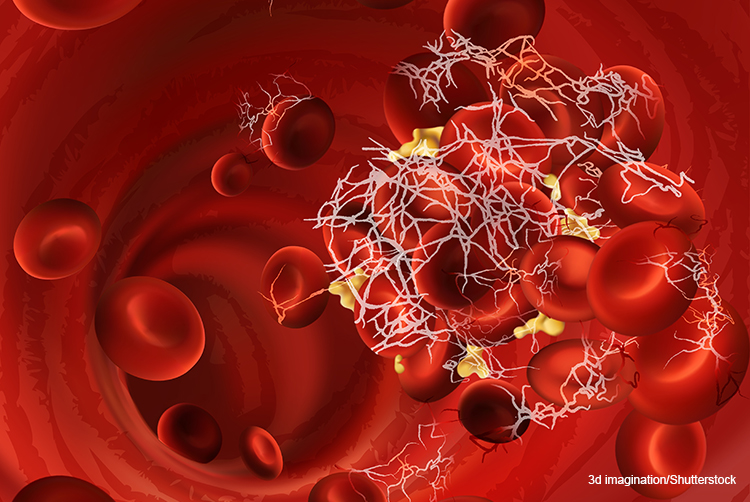LSU Health Research Discovers New Link between Hypoxia and Blood Clot Risk

Research led by Rinku Majumder, PhD, Associate Professor of Biochemistry at LSU Health New Orleans School of Medicine, has found how hypoxia (a low concentration of oxygen) decreases Protein S, a natural anticoagulant, resulting in an increased risk for the development of potentially life-threatening blood clots (thrombosis). Although hypoxia has been associated with an increased risk for thrombosis, this research showed for the first time a molecular cause. The work is published in the current issue of Blood, available online here.

The research is included in the journal’s “Issue Highlights” featured on the cover and is accompanied by a commentary that calls the discovery “an important contribution to our understanding of the molecular basis of the augmentation of thrombosis by hypoxia.”
“This study will open a new direction for targeting hypoxia-mediated thrombotic disorders,” Majumder concludes.
Other members of the research team included Drs. Vijaya S. Pilli and Sadaf Afreen, as well as Arani Datta from LSU Health New Orleans along with Dr. Gyongyi Szabo and Donna Catalano from University of Massachusetts Medical School.
The research was supported by LSU Health New Orleans and a grant from the National Heart, Lung, and Blood Institute of the National Institutes of Health.
